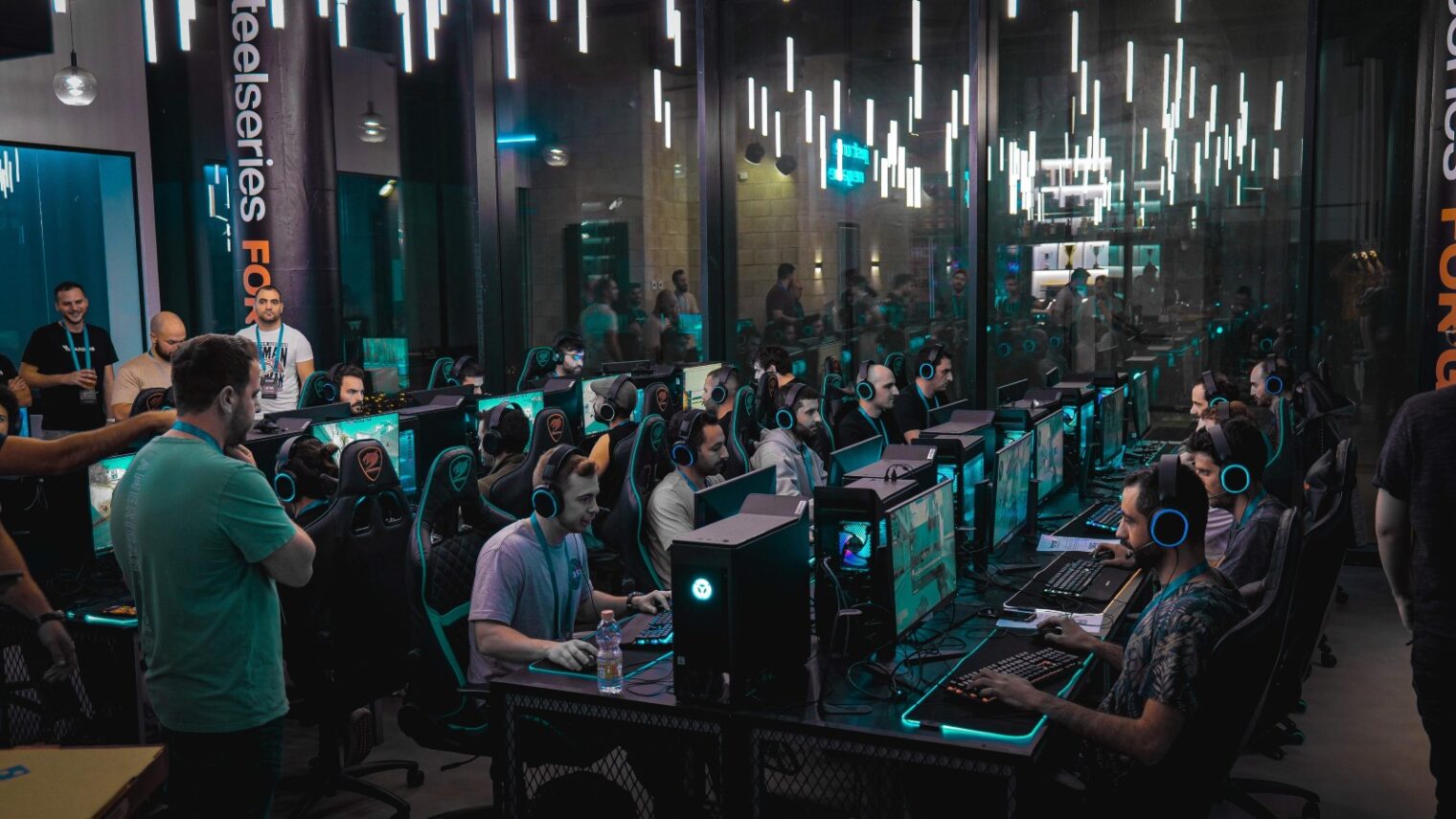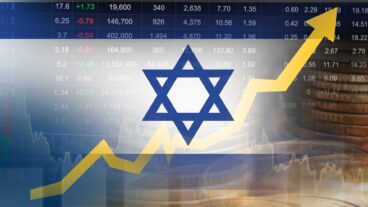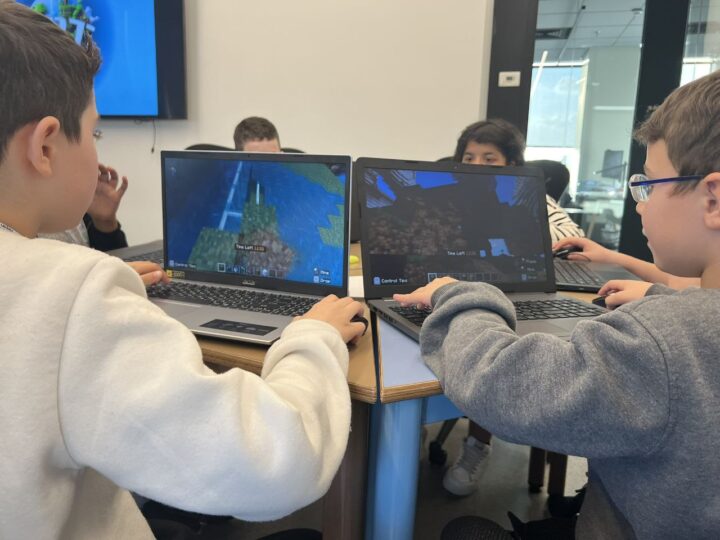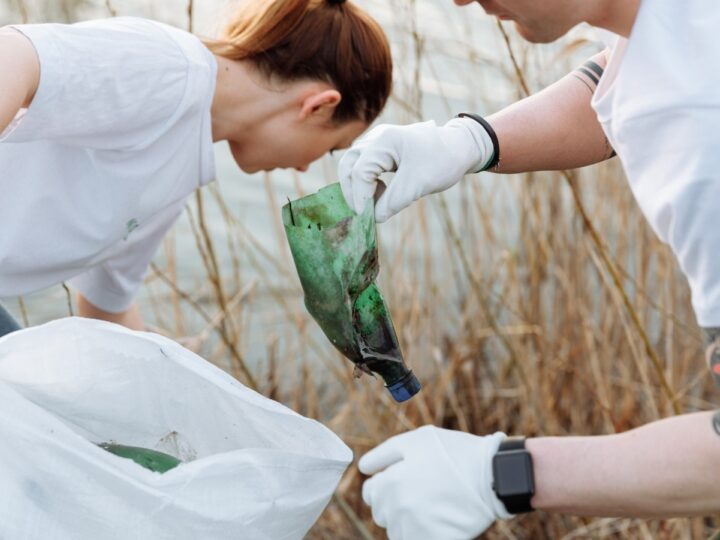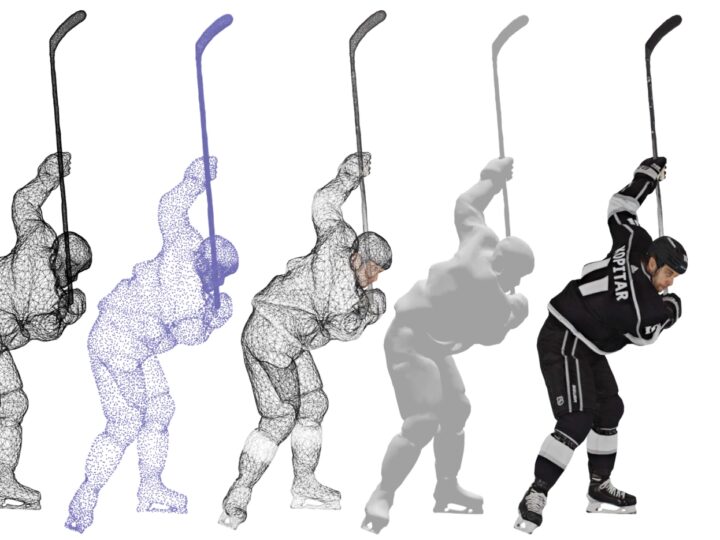You know that esports have joined the mainstream when colleges start offering scholarships to virtual sportspeople.
Miami University, the University of Missouri and the University of Texas at Dallas all offer scholarships of around $10,000 to promising players of video games such as Fortnite, Counter-Strike and League of Legends.
There’s even a professional association: The National Association of Collegiate Esports. Among the 100 schools in North America that offer esports, scholarships grew by some 480% in the last year.
But where can serious competitors train? Israeli startup Novos.gg has the answer for players of the uber-popular Fortnite, which has some 80 million monthly users and over 350 million player accounts.
For a monthly subscription of $9.90, both budding and expert Fortnite players can watch regular training videos and participate in weekly interactive sessions.
The average subscriber trains about nine hours a week on Novos, logging on at least once a day.
Novos’s algorithms personalize what a player needs to work on next. All the data comes from a player’s interaction with the computer, unlike training technologies for real-world sports, such as PlayerMaker, which has developed a physical sensor worn on a player’s shoes to track performance.
Most “gamers are basically clueless on what to do, they just play,” explains Novos CEO Or Briga. “When you compare it to any other sport, that doesn’t make sense.”
Kind of a geek
Briga ought to know: He has been playing games for as long as he can remember. Briga grew up in Karmiel, in Israel’s northern Galilee where, “other than the dance festival that takes place for three days every year, there’s nothing else happening. I fell in love with gaming. I grew up as kind of a geek,” he tells ISRAEL21c.
After serving in the IDF, Briga moved to Hong Kong for two years to work for El Al Security. During off-hours, he became part of an amateur esports team called “the Foreigners…since we all were. It was an amazing experience, and we knew it was just a question of time before it gets to the West.”
Briga returned to Israel to study law at Reichman University (formerly IDC) in Herzliya. While in the Zell Entrepreneurship program, he met Shai Arnon, who would become his cofounder at Novos.
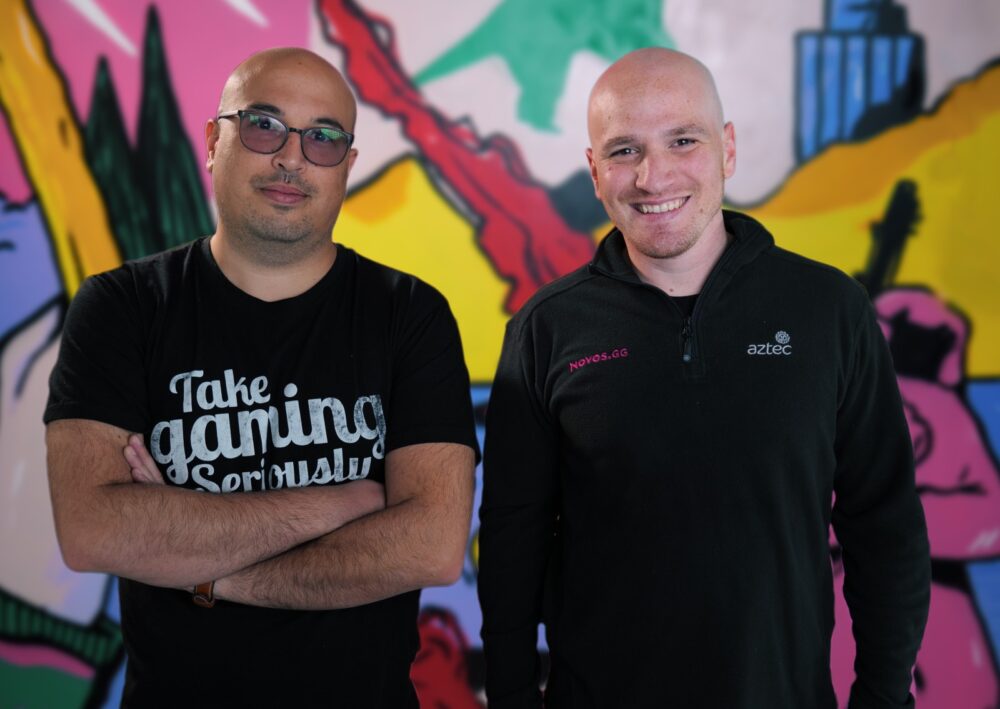
“We both had a passion for games and knew we wanted to do something to help gamers improve. We just didn’t know how at that point,” Briga says.
Slowly, what would become Novos began to take shape.
Deliberate practice
“We use a ‘deliberate practice’ methodology where we take an activity and break it into tiny pieces,” Briga tells ISRAEL21c.
Take dunking, for example.
In the real world, “most people will take the ball and try to dunk. We ask, ‘How do you jump?’”
If Novos were training actual players on a physical court, “We would ask players to jump on and off a box, to improve their muscle memory. Next, they’d hold the ball in one hand and jump. The third step would be to hold the ball and jump on and off the box. Only then would they start actually dunking the ball.”
Novos does the same with gaming. “You need to build muscle memory around the mechanics of the game, how you use the keyboard and the mouse. It’s not something you do once but it’s a process. That’s why people like Lionel Messi [the Argentinian soccer champ] go to regular practice.”
A typical Novos day of training “starts with a warmup. Then we move to the main event, like ‘flicking’ – that’s a skill where you move the mouse very fast one way to another. There’s a technique and we show gamers how to do it right. Only then do we send the gamers to Fortnite with a specific map of where they can practice what they just learned.”
While the videos are hosted by gaming experts, nothing on Novos is truly live. “It was as crucial to be as scalable as possible,” Briga says.
Fame and glory
Novos’s interactive feature “takes a specific situation, shows a minute-long video, then we ask the gamer, ‘What would you do?’ They have to take into consideration all the parameters that will help make a decision: Who are the team members, what’s the zone and rotation. You then get a short explanation as to why what you did was right or wrong.”
What motivates gamers to spend $10 a month to up their game? Briga says, “After talking with thousands of gamers,” three reasons percolate to the top.
- Winning. Players like the cash and being on a professional team.
- Fame and glory. That’s what motivates players to stream their gaming prowess on platforms like Twitch for others to watch.
- Social acceptance. For geeks like Briga, this has been key. “Gamers today are super cool. It’s like being a soccer player.”
Big business
Online gaming is big business. The first Fortnite World Cup took place in New York in 2019 with a $30 million prize; the biggest winner took home $3.5 million. He was just 16 years old at the time.
Briga says he wasn’t just lucky. “He is a really talented player. It’s all about the skills at the end of the day.”
Novos is aiming for the amateur market, as the pros already “have gaming classes, where all the players will live in a house,” Briga explains. “The second floor is where they stay, the first floor is where they practice. They have a chef who cooks their meals, a fitness trainer and an analyst to go through the data. They do physical training and mindfulness; they learn a breathing practice and how it all affects their gaming performance.”
In other words, the pros have moved way beyond a video training platform.
Despite the similarities and the burgeoning scholarships, esports is still very different than real-world sports.
“In soccer, no one owns the sport,” Briga notes. “In esports, the game publisher owns the game itself.” And video games “keep evolving and changing. After three to four months, the publisher will release a new season or a new chapter.”
Even the rules may change. “So, we need to create new training plans all the time,” which is not so easy since “the publishers keep those changes a secret!” Even so, Briga says that “we can usually react within a day with new material.”
Earlier this year, Novos ran an in-person gaming tournament among high-tech companies in Israel, cosponsored by Geektime. Nearly 200 companies signed up for the tournament at the NOM Gaming Lounge in Tel Aviv.
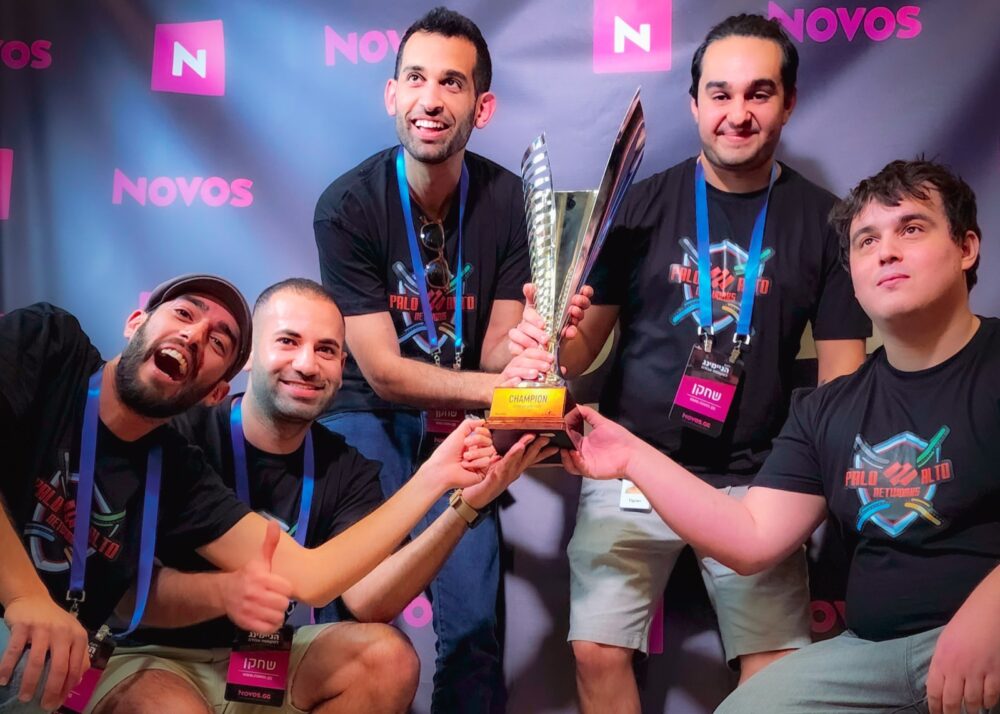
Worldwide users
In the six months since Tel Aviv-based Novos launched, the company has amassed players all over the world, including from Japan, Korea and the Philippines, in addition to the core base of North America and Europe.
The language of instruction is English. Novos’s 17 staff members are located in Singapore, the Netherlands, the UK, Canada, the US and Israel.
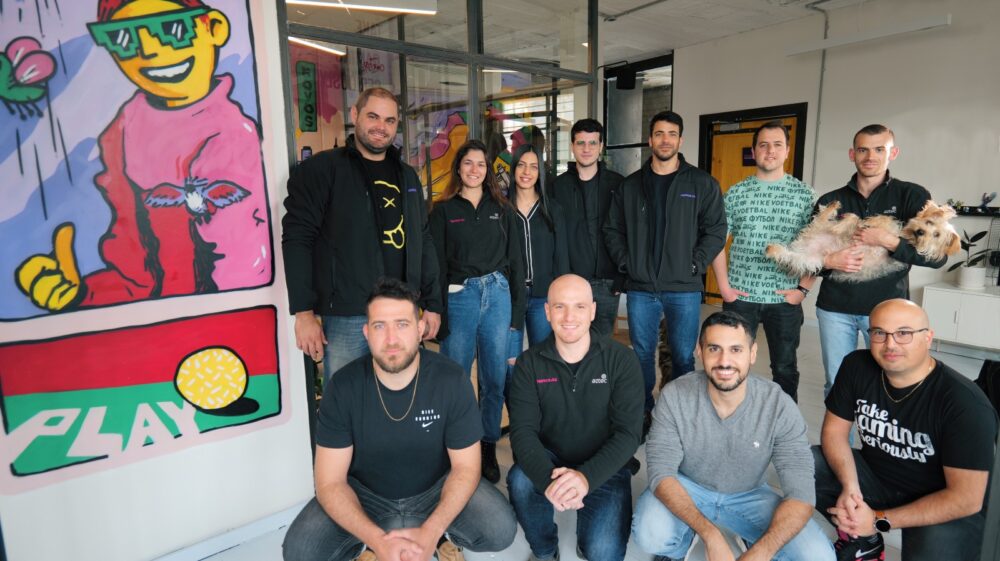
Briga isn’t saying exactly how many users the company has (Calcalist reported in 2021 that the company had trained 50,000 gamers) although Briga allows that the number today is likely “over 100,000.”
In April, Novos raised $6 million in a round led by MizMaa Ventures. The company previously raised $750,000 in 2019.
As is our wont these days, we asked Briga whether Covid-19 changed how the company does business.
“Covid helped,” he admits. “We now have a new type of player who never played before. Maybe they were football or basketball players, and they couldn’t practice their sport during the pandemic. All their friends were playing Fortnite and now they had this gap of a year. So, they were looking for ways to train.”
As for the name Novos, it just sounded good to Briga. The “gg” suffix refers to “a tiny island in the middle of nowhere,” Briga says. “But for gamers, it means ‘good game.’ Players send a ‘gg’ to each other if it was a good game or, if there’s nothing left a player can do, they’ll send ‘gg’ in a chat to surrender.”
Don’t surrender to your own gaming frustrations. To learn more on how to train with the best, click here




